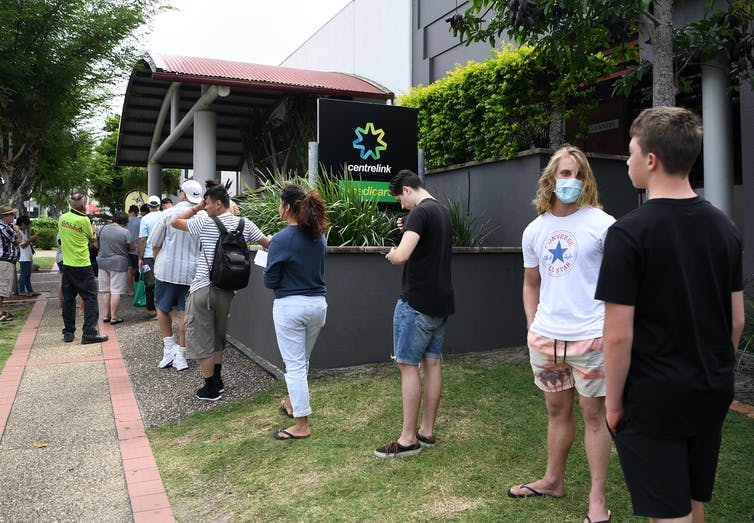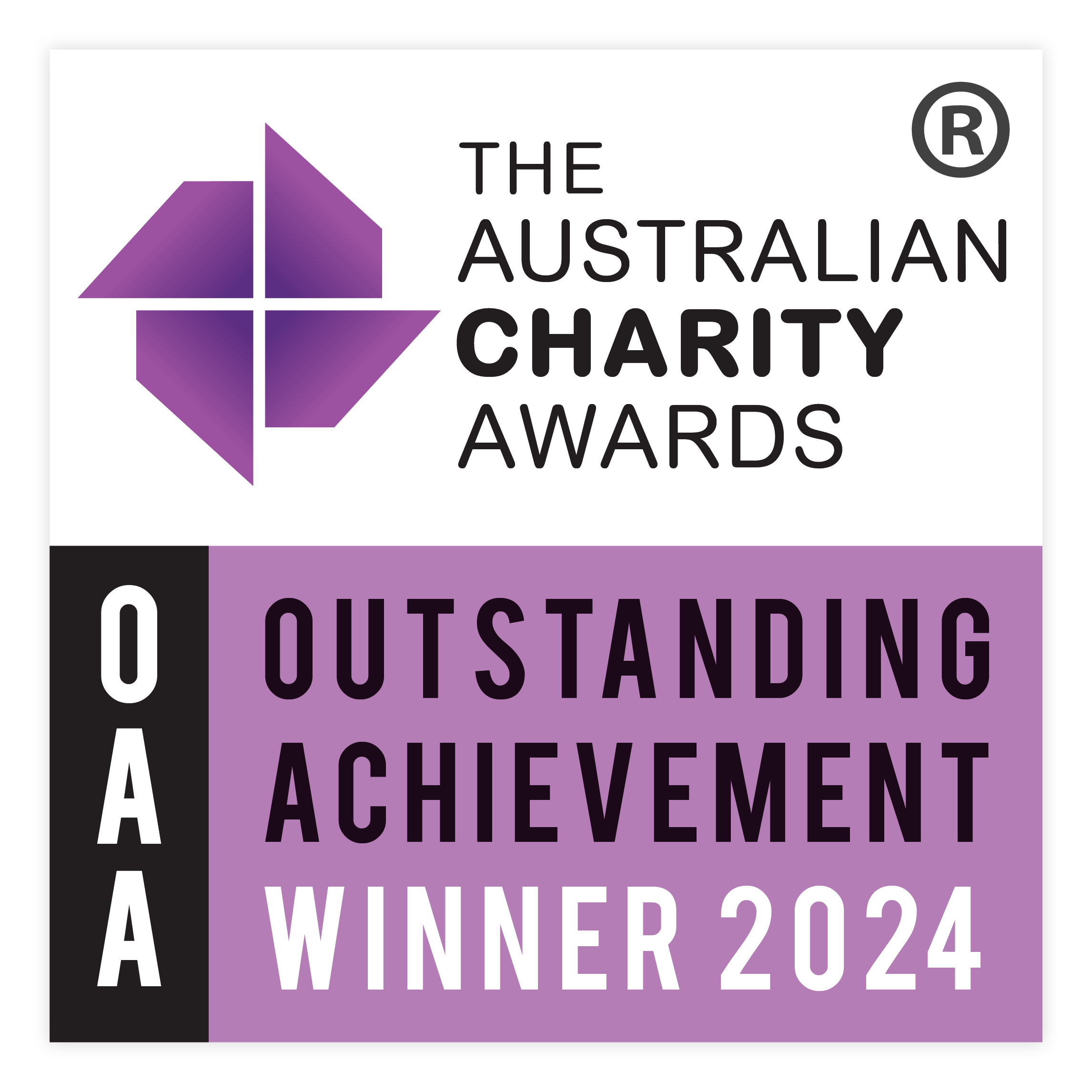
At the same time as youth services have seen a significant rise in demand due to COVID-19, many smaller independent organisations have seen a fall in fundraising revenue as their community fundraising came to a halt. In line with Youth Homelessness Matters Day in April, the team at StreetSmart raised funds from our supporters to provide funding to youth services and assist young people experiencing the fall out from the pandemic. All six youth programs we supported through our Recovery Fund have seen fundraising income fall over the past 12 months. One organisation lost $1 million of critical fundraising revenue, another had seen revenue drop to $0:
“Our community fundraising income for the 2020 calendar year was zero, missing our target of $85,000 per annum. Our social enterprise income for the 2020 calendar year was also down 50% on our forecasted income.”
Our goal was to support young people:
- into housing or help retain housing
- with legal advice and avoid the justice system
- with job training opportunities and support
In total, $40,000 worth of grants were delivered to six organisations providing care and services to young people aged 18-25 years old.
“Higher risks of mental health distress, bullying and vilification significantly impact our young people’s ability to find safe, stable and supportive housing. We work closely with young people to ensure they find suitable, sustainable accommodation in spaces where they are free to be themselves without worry of encountering violence or discrimination.” Chris Pickard, CEO, Open Doors Youth Service.
The impact of supporting vulnerable youth

“Mum grew up in foster care and was pretty traumatised by things that happened to her, and often took her anger out on me, and sometimes was violent.
I found a flier for Youthlaw at the police station. Katrina explained all my options and helped me apply for an intervention order. She really helped me get my life back on track.” Elyse, 15, Youthlaw Ballarat.
“Port Adelaide Foyer is a place for people like me whose lives may not be stable or nurtured.
But whatever your circumstances, you’re assured of a safe and loving environment which can facilitate love, care and the most compassionate workers to guide you through your journey to the next chapter of your life.” Justin, 17.

Supported charity partners
Bendigo Foodshare VIC
Pre-COVID 19 Bendigo had the highest rate of youth poverty in Victoria and the 5th highest in Australia. A large portion of the hardship young people had experienced was accessing food, this was worsened during the pandemic. The ‘You Food’ program is aimed at tackling local youth food insecurity, working at a school and community level, strengthening a young person’s knowledge of food skills, awareness of where to get help, and how to support themselves when in need.
Innari Aboriginal Homelessness Support NSW
The Innari team supports younger Aboriginal people to obtain or maintain housing by providing clients with a range of goods and services they may need, to access or maintain accommodation, addressing issues that make them homeless or that put them at risk of homelessness. Material aid is provided delivering immediate help with food, medicine and utility bills, blankets, clothing etc. as well as larger items such as white goods, setting up young people for tenancy success.
Open Doors Youth Service Inc QLD
Open Doors YS are Queensland’s leading LGBTIQAP+ Sistergirl and Brotherboy youth homelessness service, working with young people who are at risk of/are disengaging with community and are at risk of/are experiencing homelessness. The ‘Young and Proud’ program provides access to a Youth and Family Support Worker and Peer Networks and connections. The program provides case management and 1 on 1 support, connecting young clients with their peers, which is an important protective factor for their general wellbeing.
Foyer Port Adelaide -St John’s Youth Services SA
Twenty three young people reside at Foyer Port Adelaide. The ‘Kickstart’ program aims to reskill and/or upskill young people to build their confidence, ability, skills and opportunities around paid employment, navigating their way out of poverty and homelessness. StreetSmart funding will cover costs of short employment skills courses and training e.g. hospitality, food handling, first aid, and work ready items such as police clearances, uniforms, and driving licences etc.
Whitelion WA
The ‘R.I.S.E’ program this grant will support aims at re-engaging young people who have become completely disengaged from education due to the challenges COVID-19 created. Intensive case management services identify specific barriers that are prohibiting our young people from accessing education and provide appropriate schooling and education resources (uniform, equipment, bus passes, food etc). This support will increase their participation in either main-stream schooling, alternative education and or accredited courses.
Youth Law VIC
Ballarat Youth Law is a legal outreach service designed to work closely with youth & health workers that support and link vulnerable and at-risk young people to services. Many young people are experiencing financial stress due to job losses, and face difficulty paying their rent. They have also generally felt very isolated & insecure about the future. This service is funded entirely by donations from the health justice partners involved but due to COVID they will be unable to contribute in 2021 in full so Youthlaw needs to secure $22k more to keep this position going.
COVID-19 disproportionately affected younger people
Young people and the employment areas they depend on (retail, hospitality, arts, recreation and micro enterprises) have been disproportionately hit by the COVID pandemic and recession. Our Federal and State response, including raised levels of income support and the rental moratorium, were well targeted and critical in enabling many young people to avoid crisis and homelessness.
In November research showed one in five of those aged 20-24, in Melbourne, were without a job. This was much worse in certain regions, such as the outer western metro, and compounded already underlying high rates of youth unemployment and homelessness. This young cohort lost more full-time jobs than any other age group and the under 35s continue to be the largest cohort people experiencing homelessness.
“It is estimated 123,000 jobs nationwide were lost for young people in this age bracket.”

Newly unemployed queue at the Centrelink office on the Gold Coast, Queensland, March 23 2020. Dan Peled/AAP
With 1/3 of low-income renters unable to afford their rent, recent research shows 2/5 people are struggling to feed themselves adequately. Younger renters are also under the most rental stress. Certain groups of young people have also been particularly hit hard, such as young people already experiencing homelessness and poverty, refugees and new migrants.
With so many young people losing work, youth services are grappling with how to support them to find new jobs or access income support. There has also been widespread disruptions to education, and the restrictions on socialising have impacted on the mental health of many vulnerable and isolated young people. They also experience long wait lists for mental health services.
With the recent winding back of welfare payments and rent support to close to pre-pandemic levels, youth services are seeing increased levels of requests for support. A recent survey conducted by Youth Affairs Council Victoria (YACVic), of 50 different organisations and services supporting young people in Victoria aged 12 – 25, revealed that 89% of youth services have seen increased demand through 2020 with many young people approaching services for the first time. In Adelaide research showed 67% of young people seeking support were doing so for the first time, with 82% reporting a mental health issue.
Youth Homelessness Campaigns to follow and support:
- #raisetherateforgood – increasing rate of Job Seeker
- #MakeIt21 – extending Government support from 18 to 21 yo








